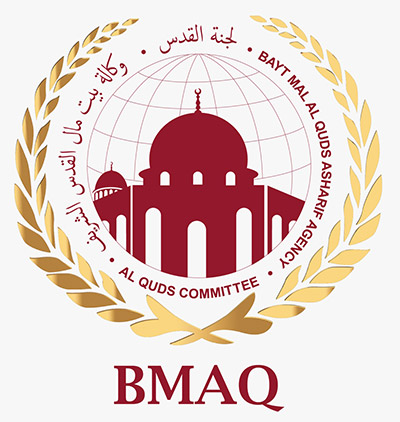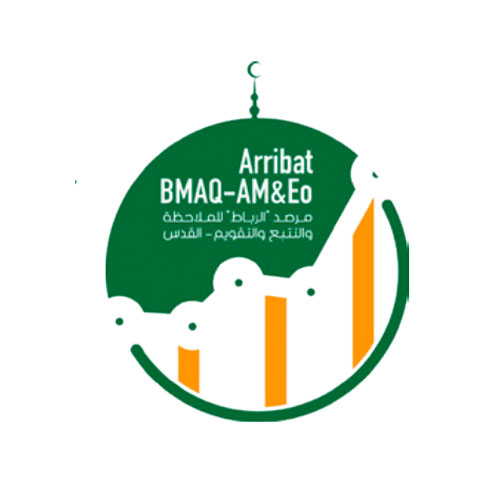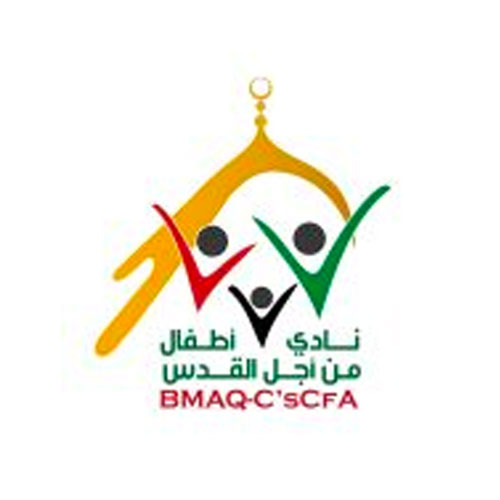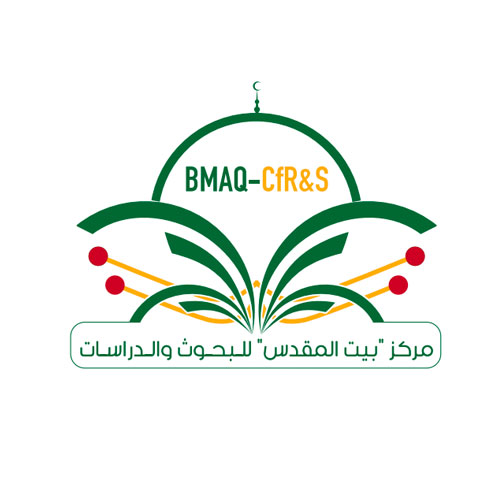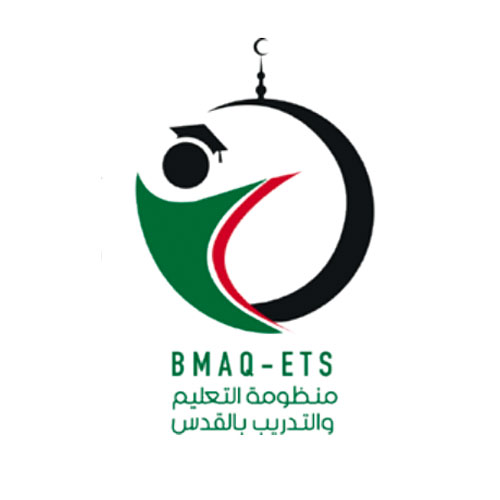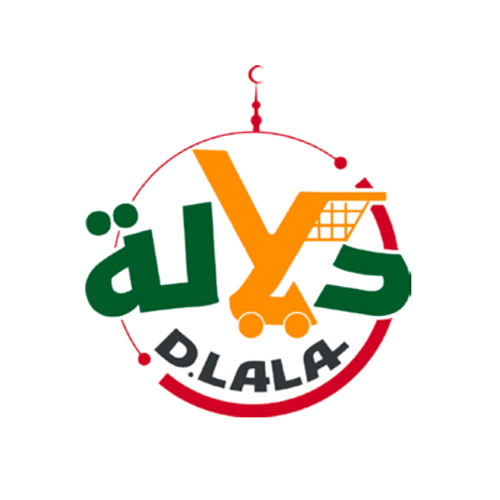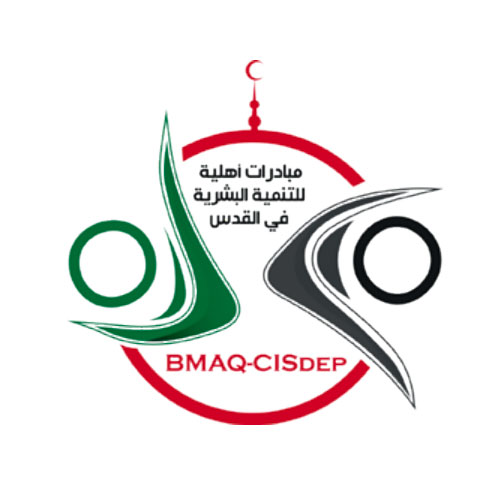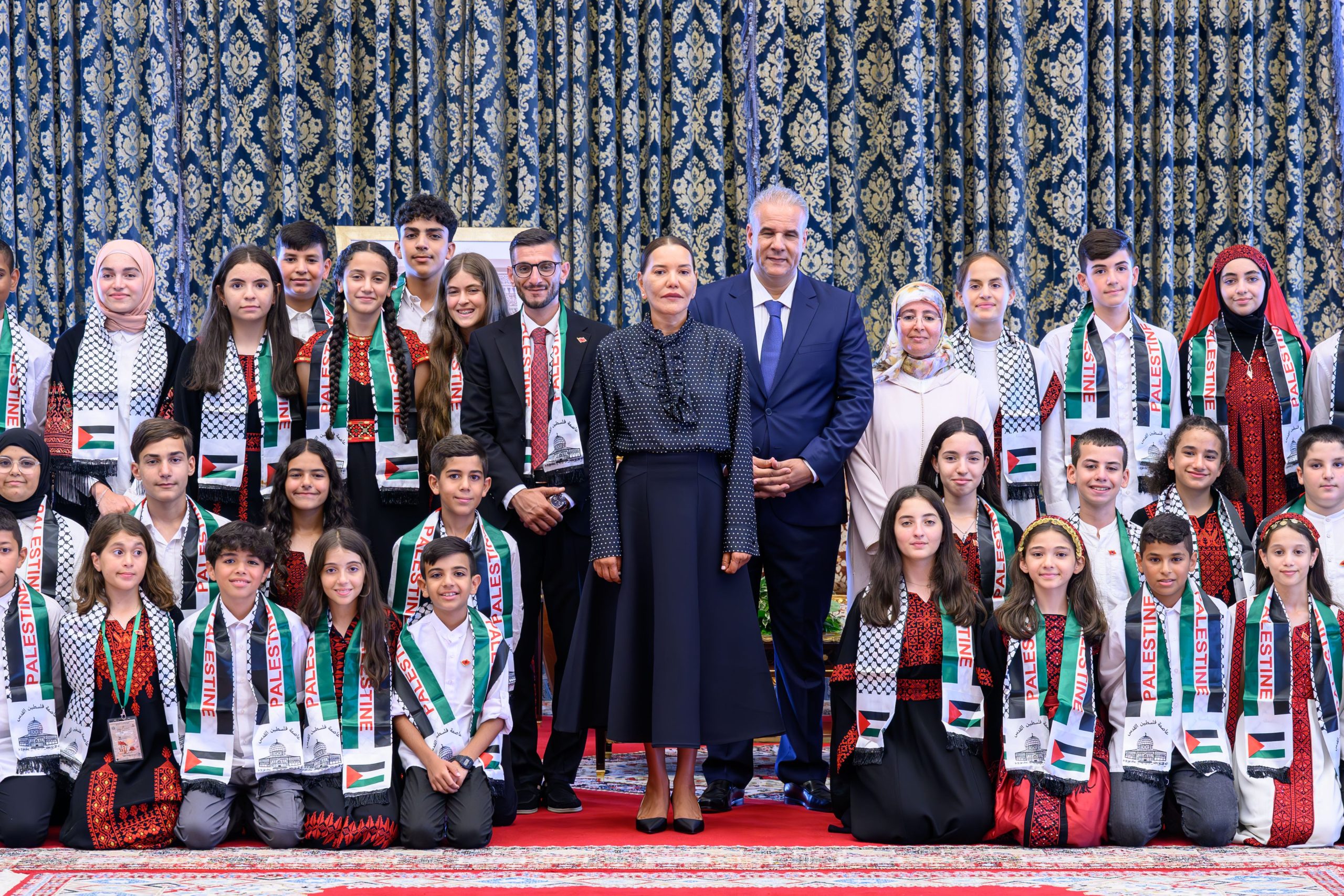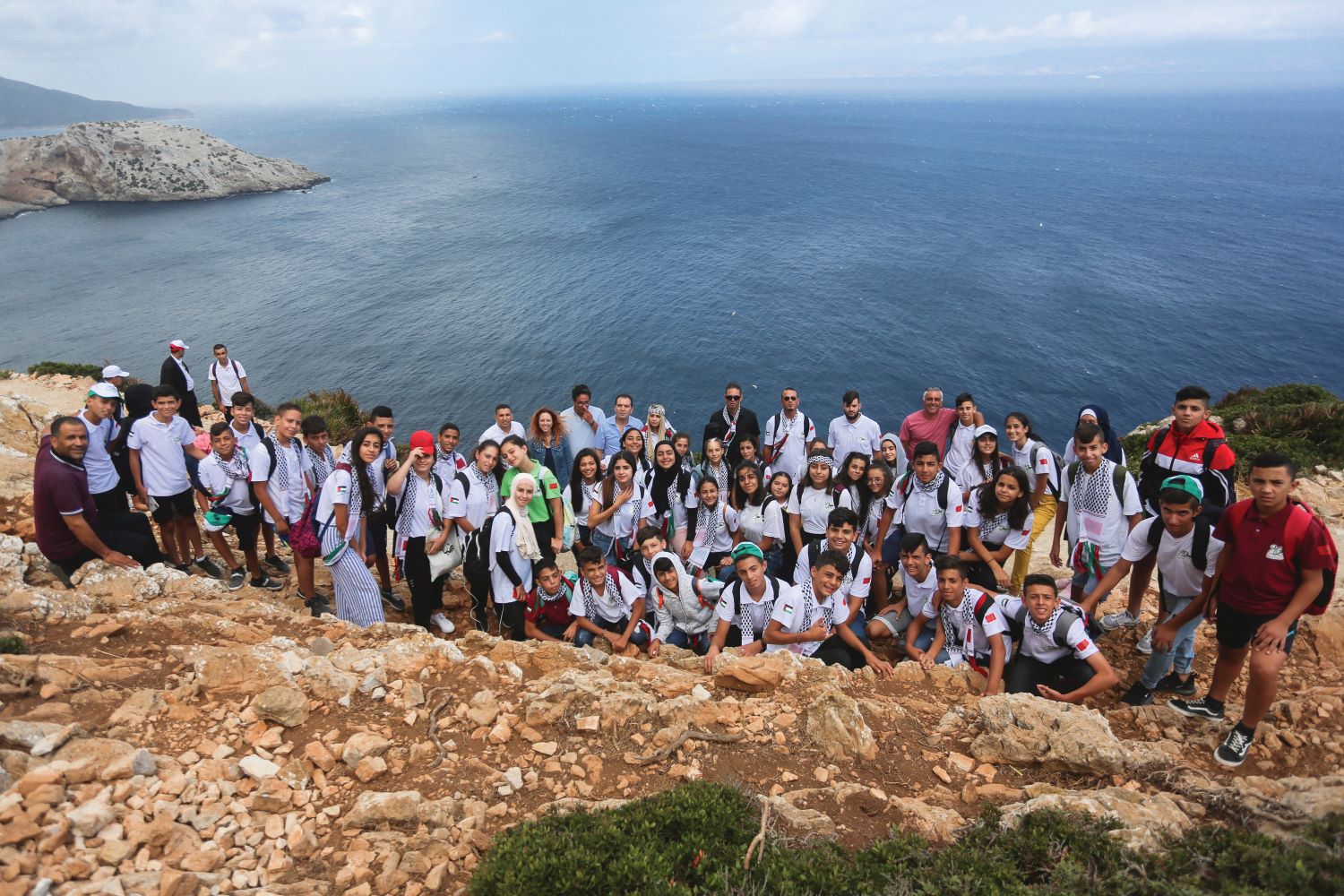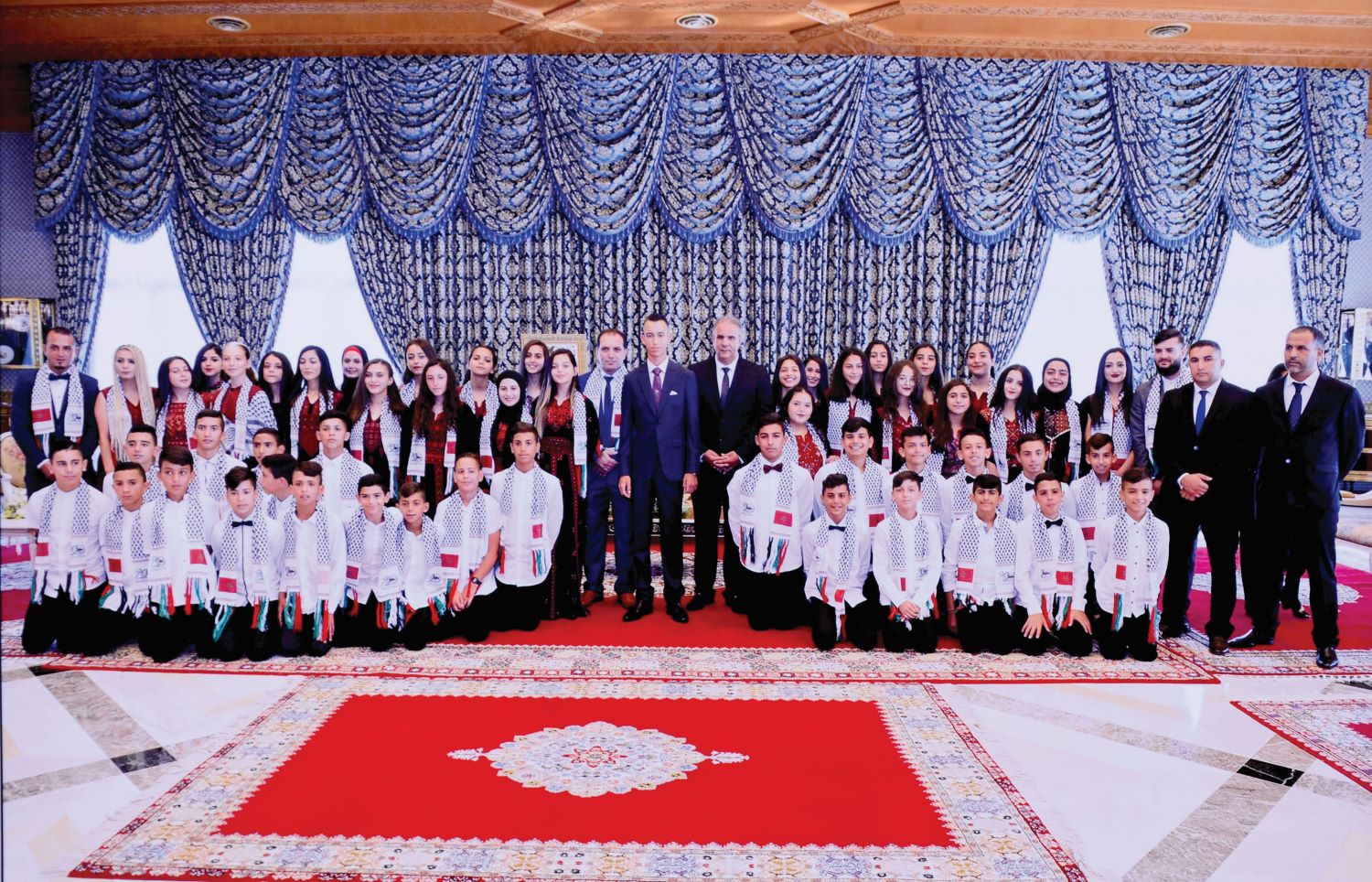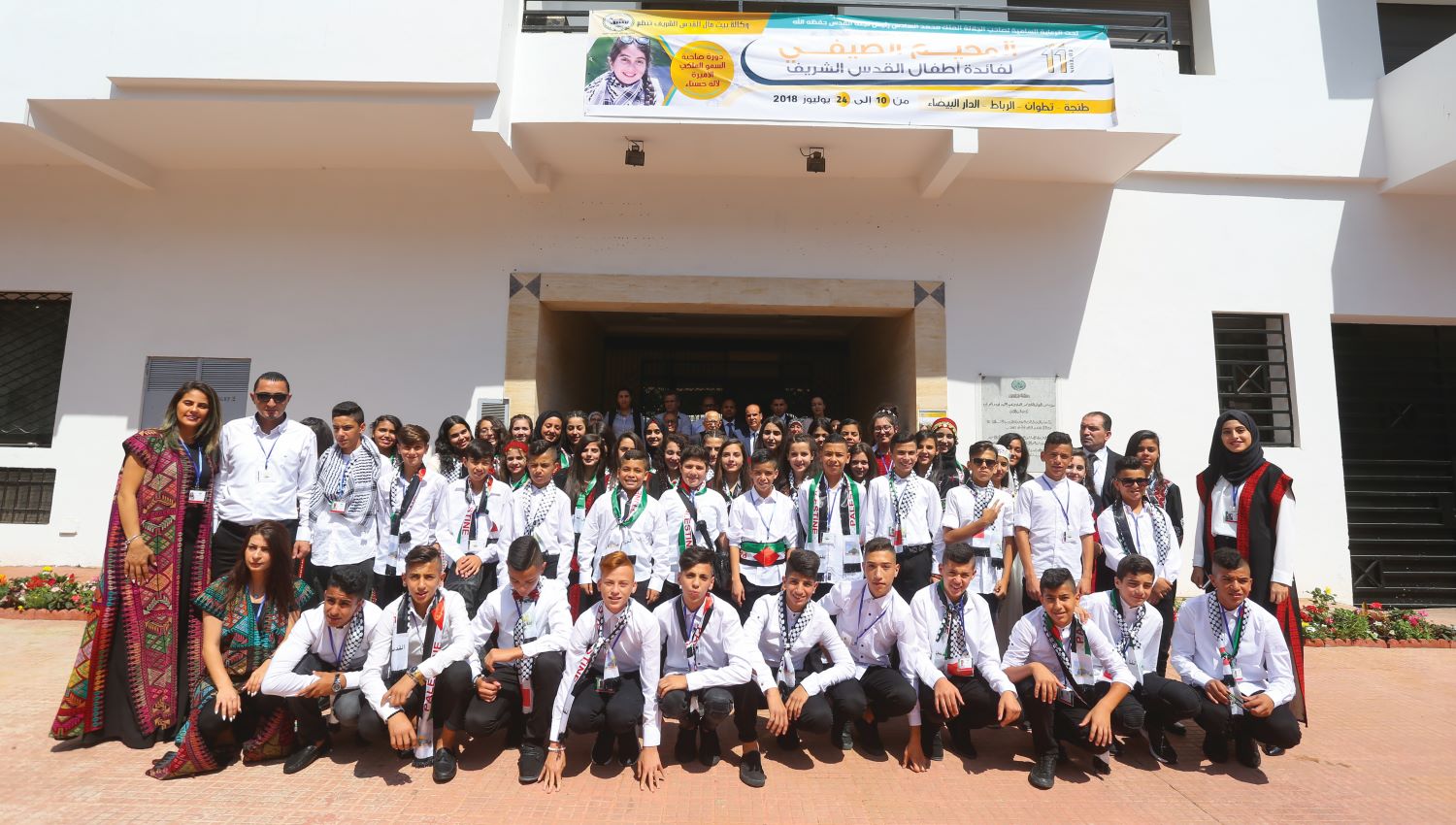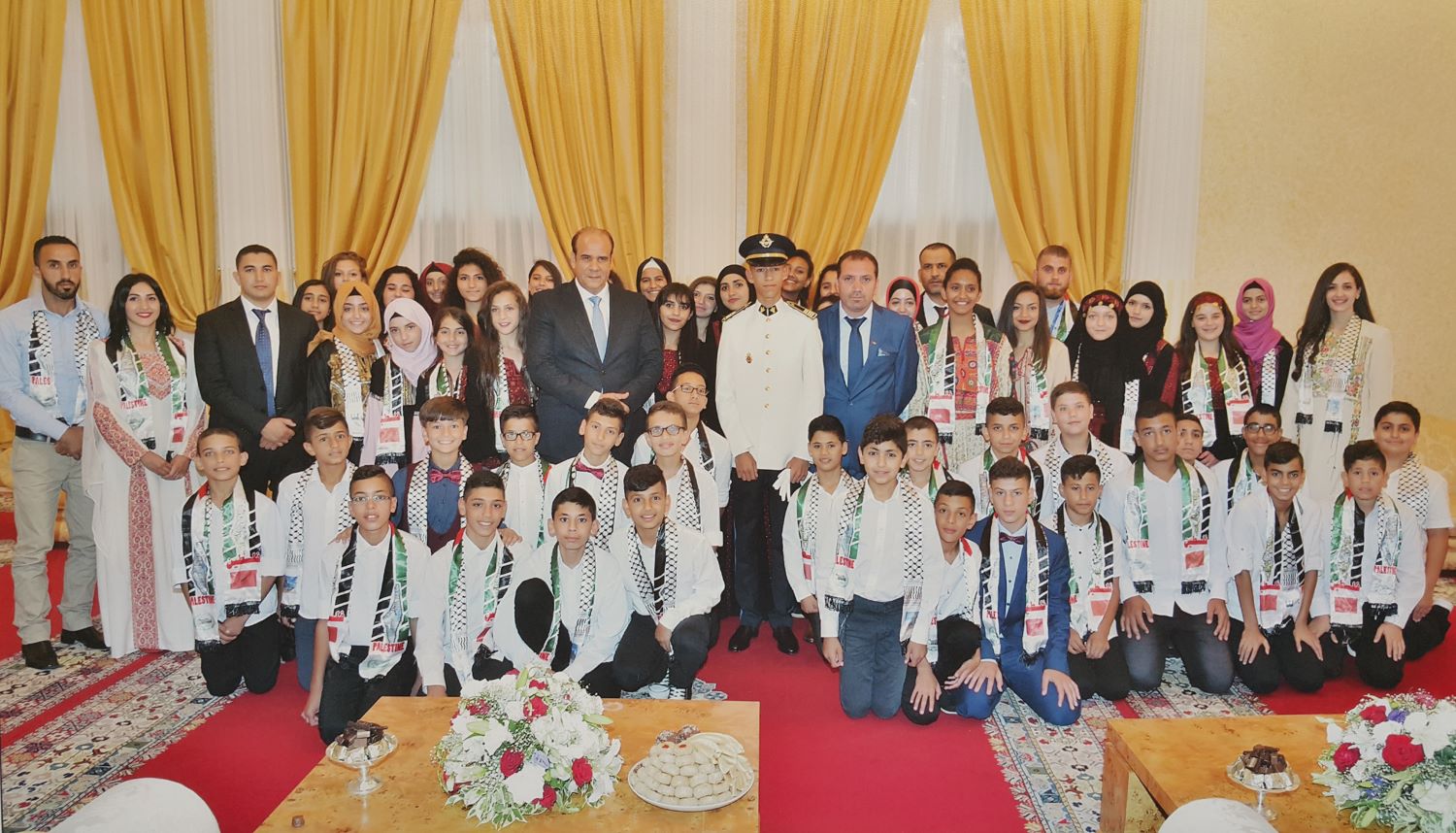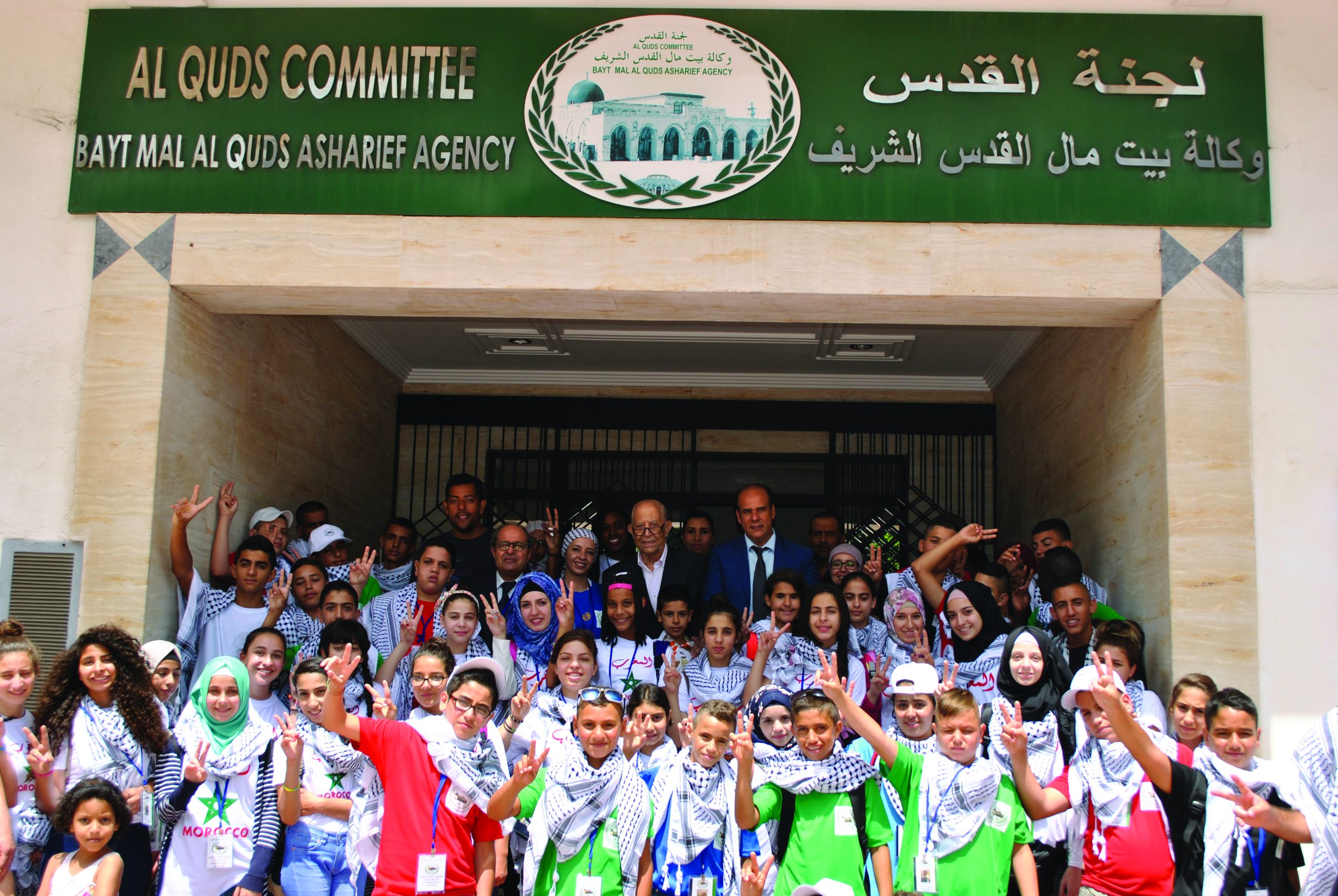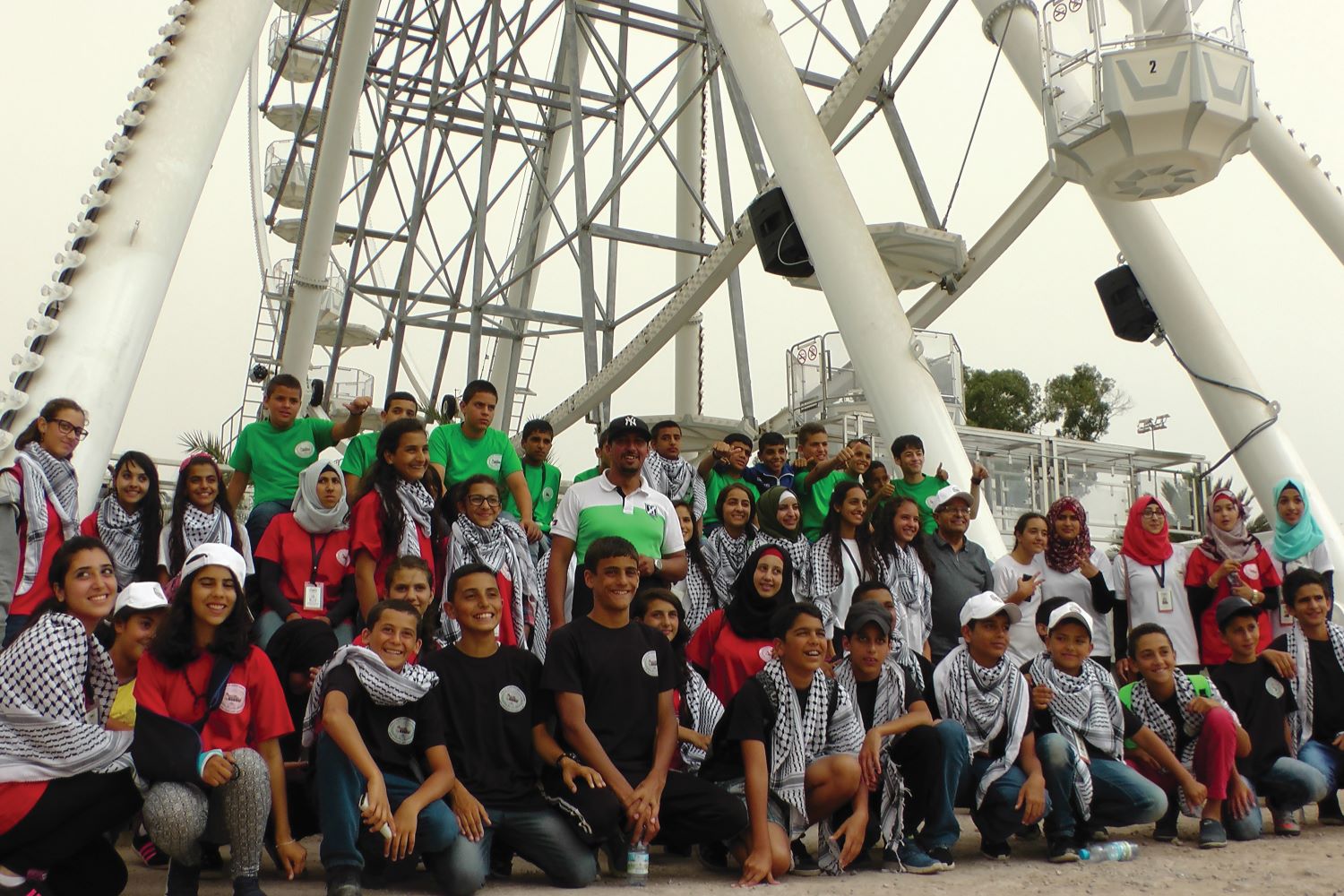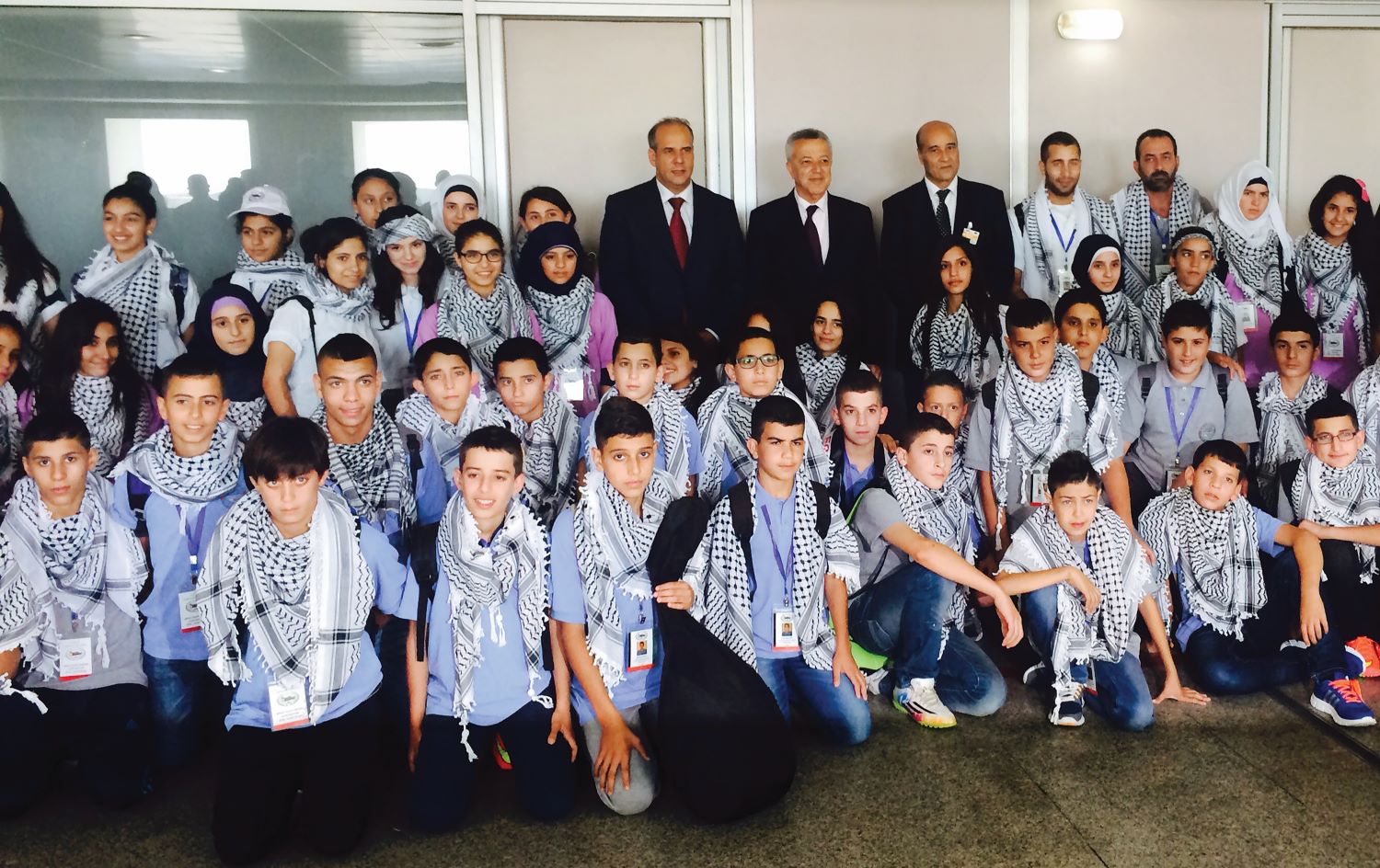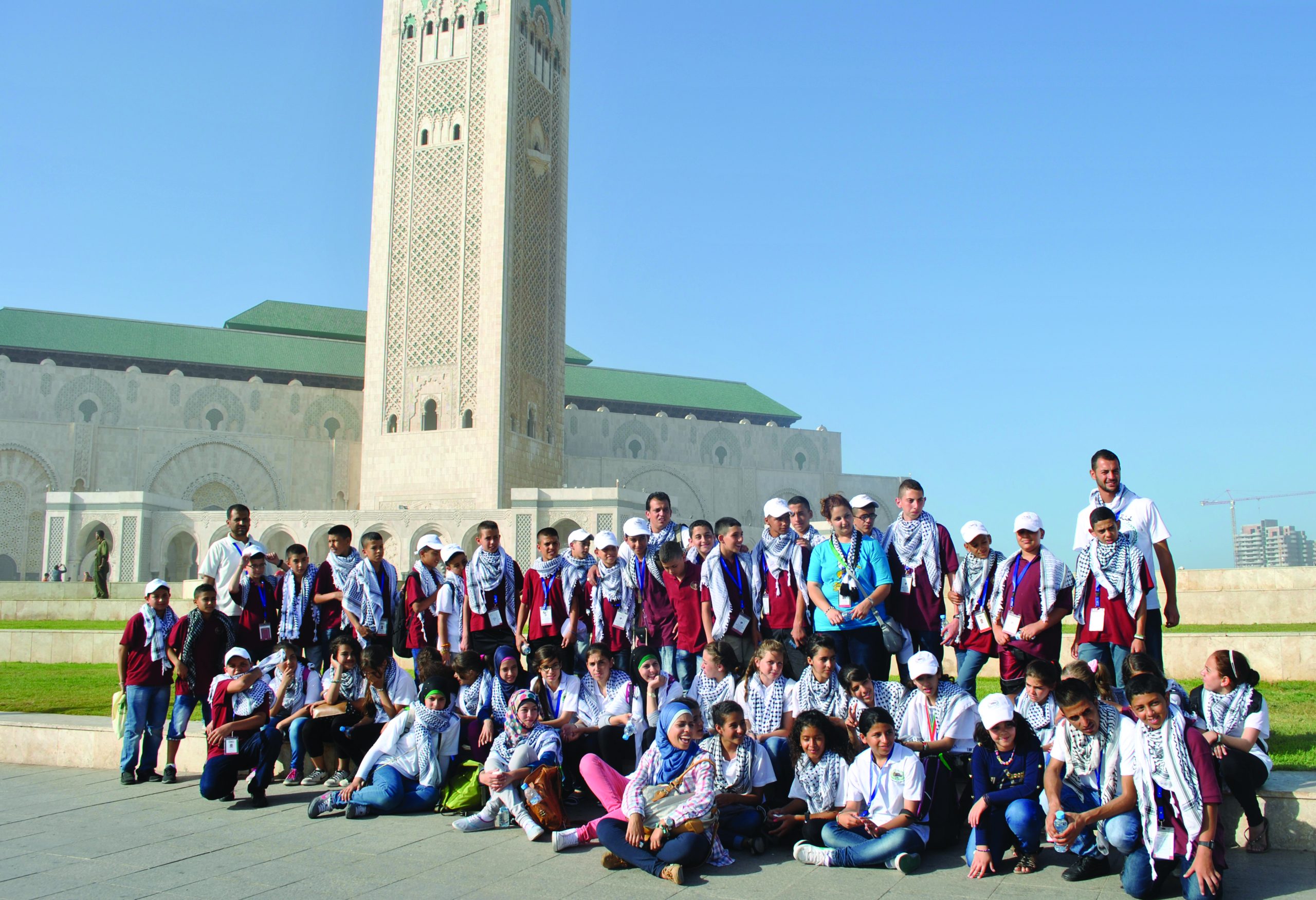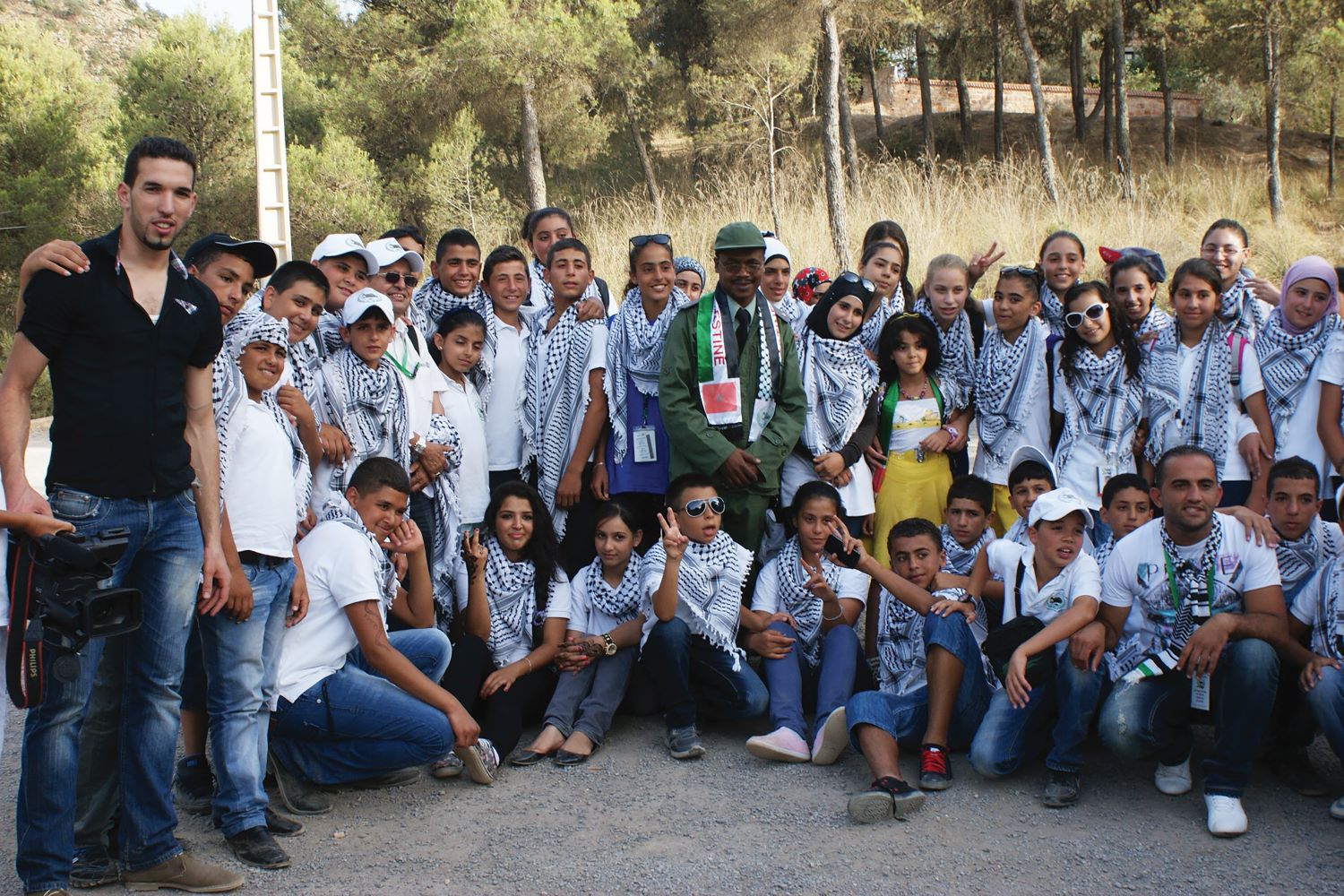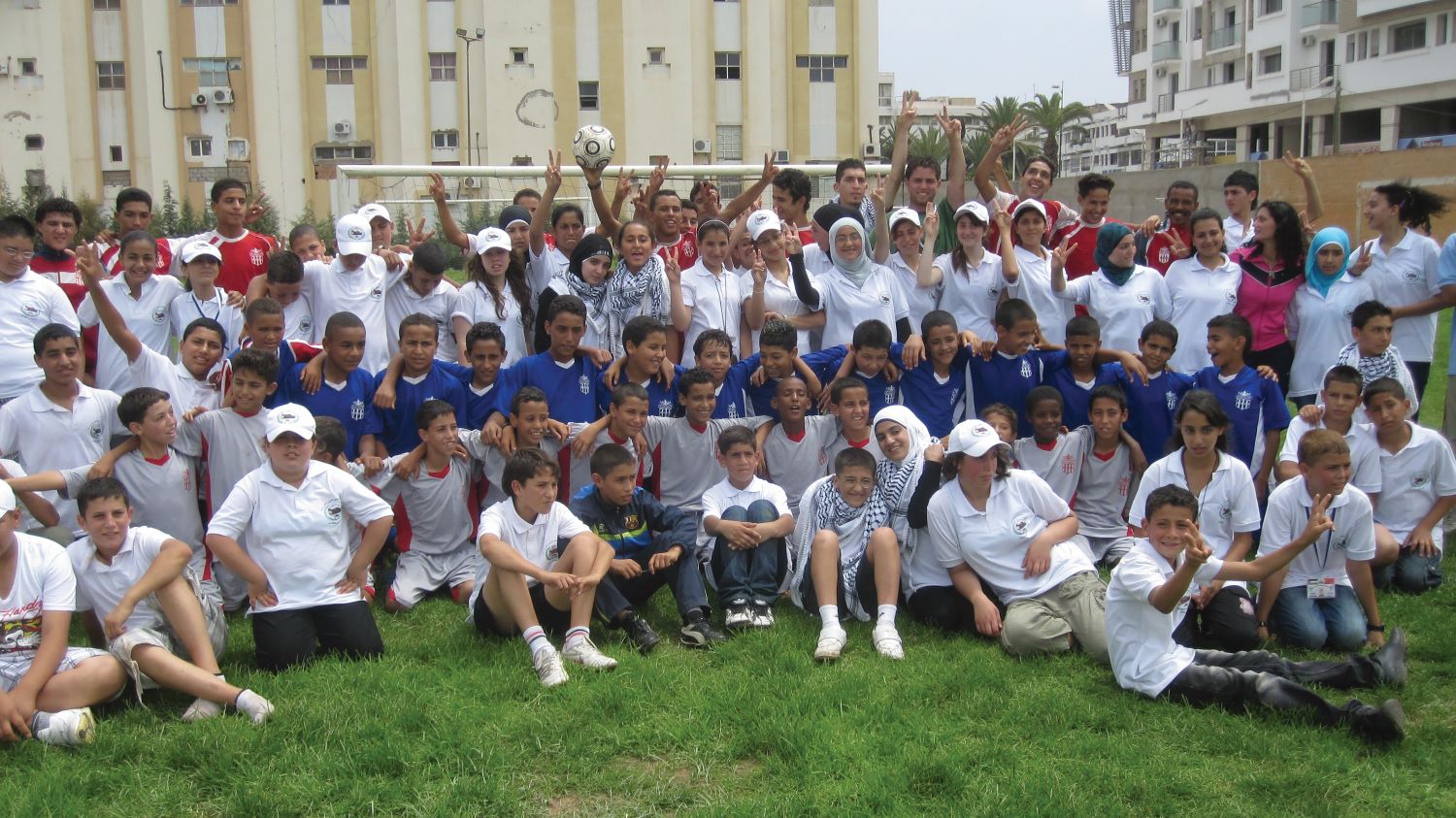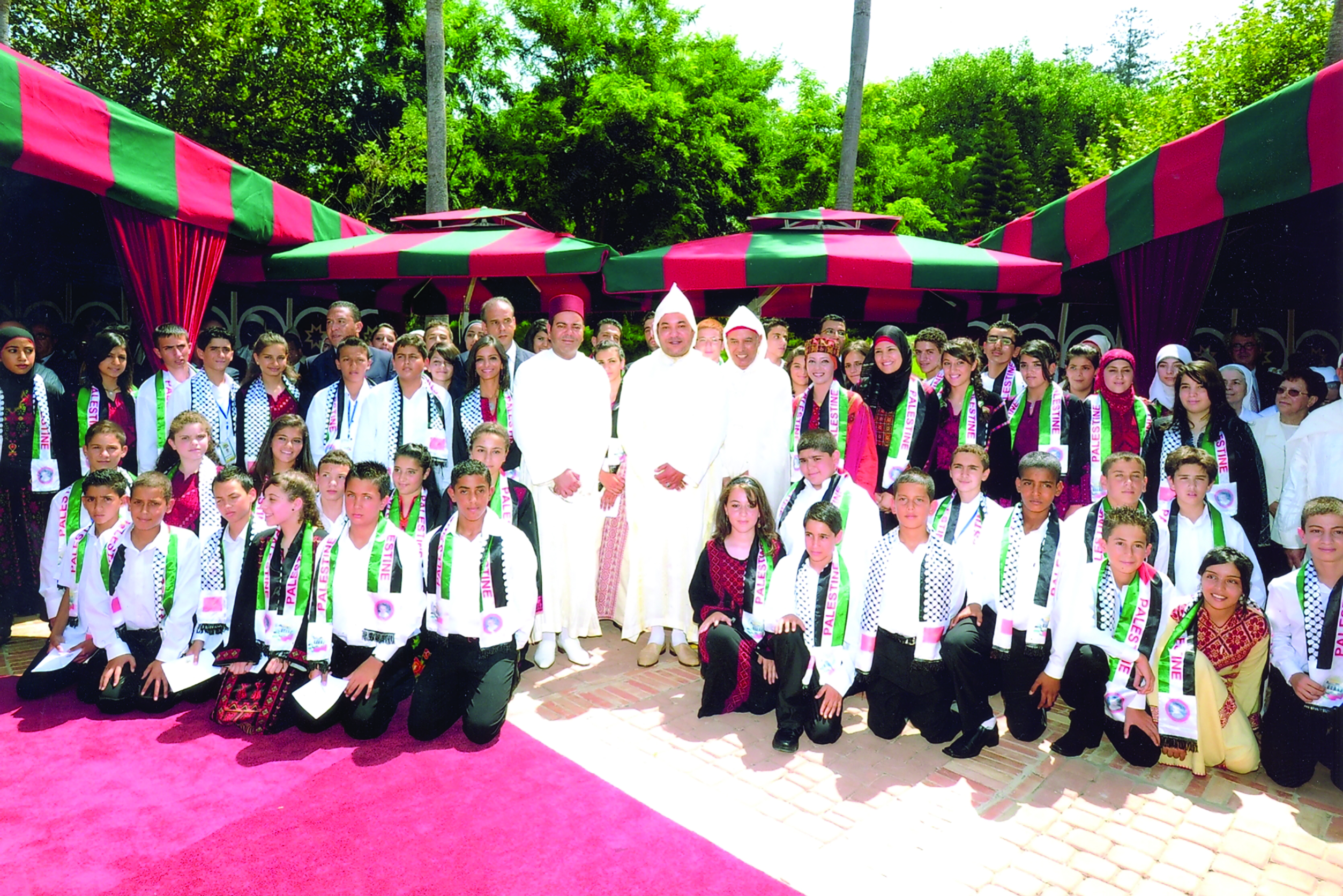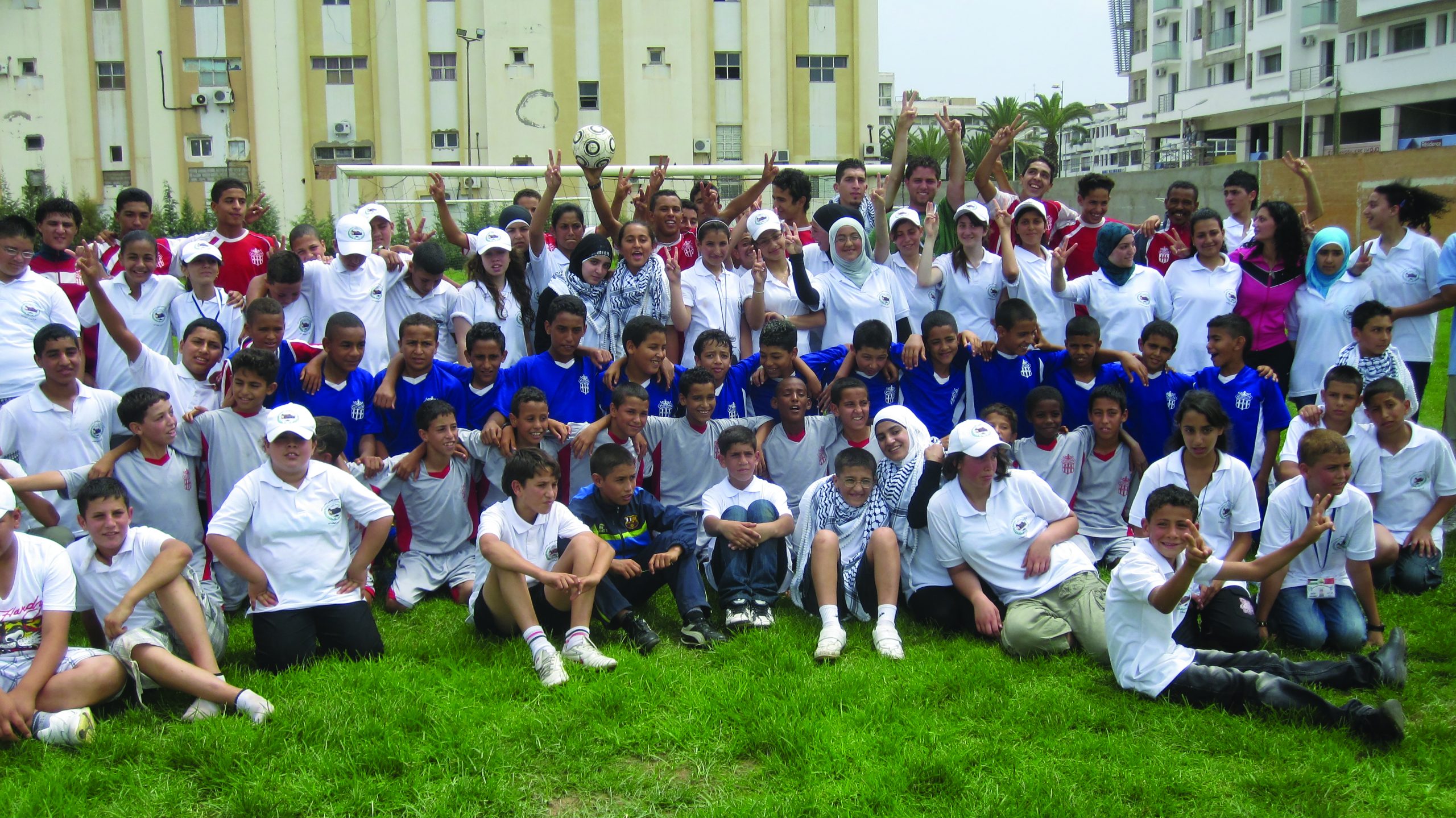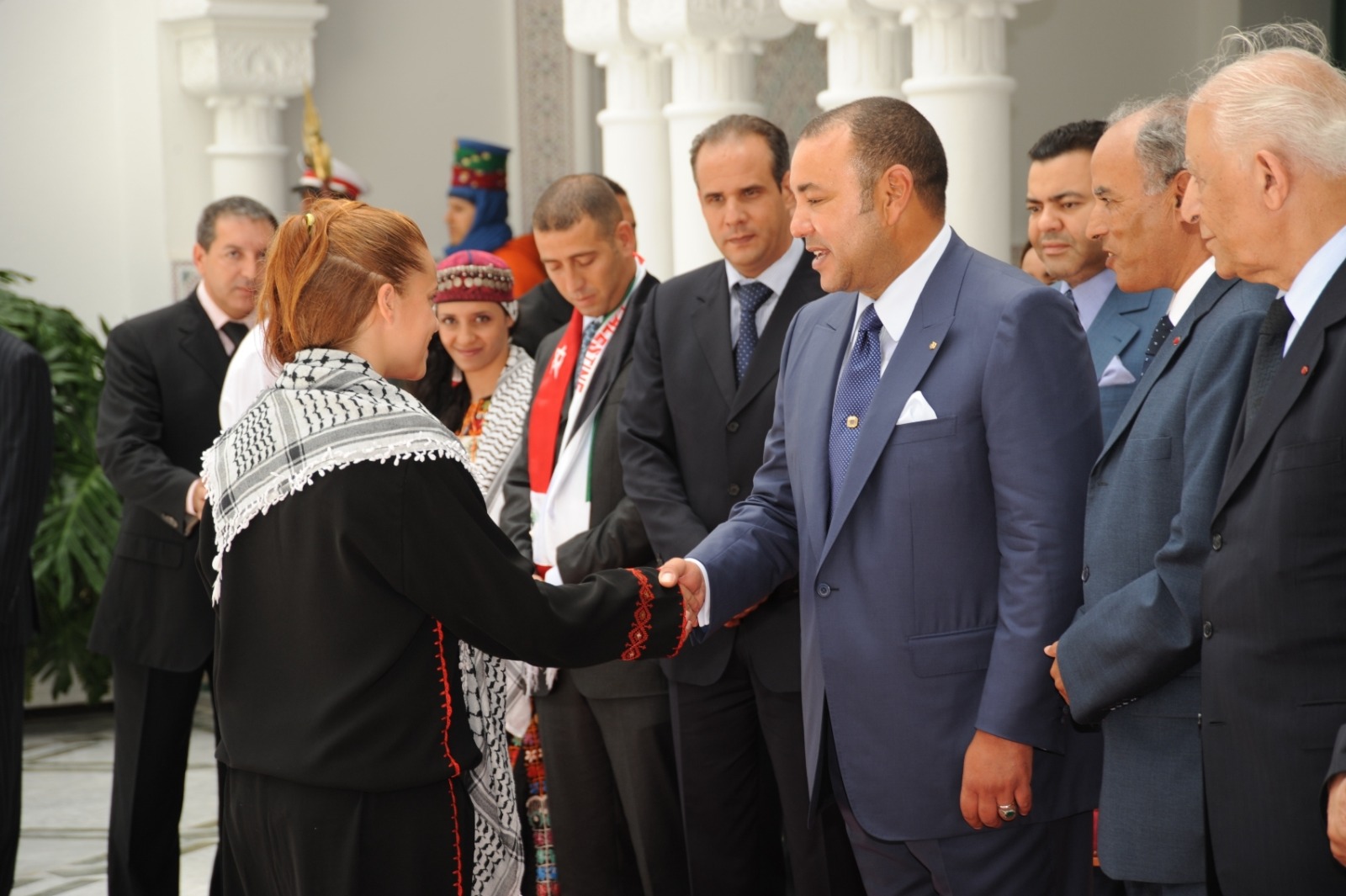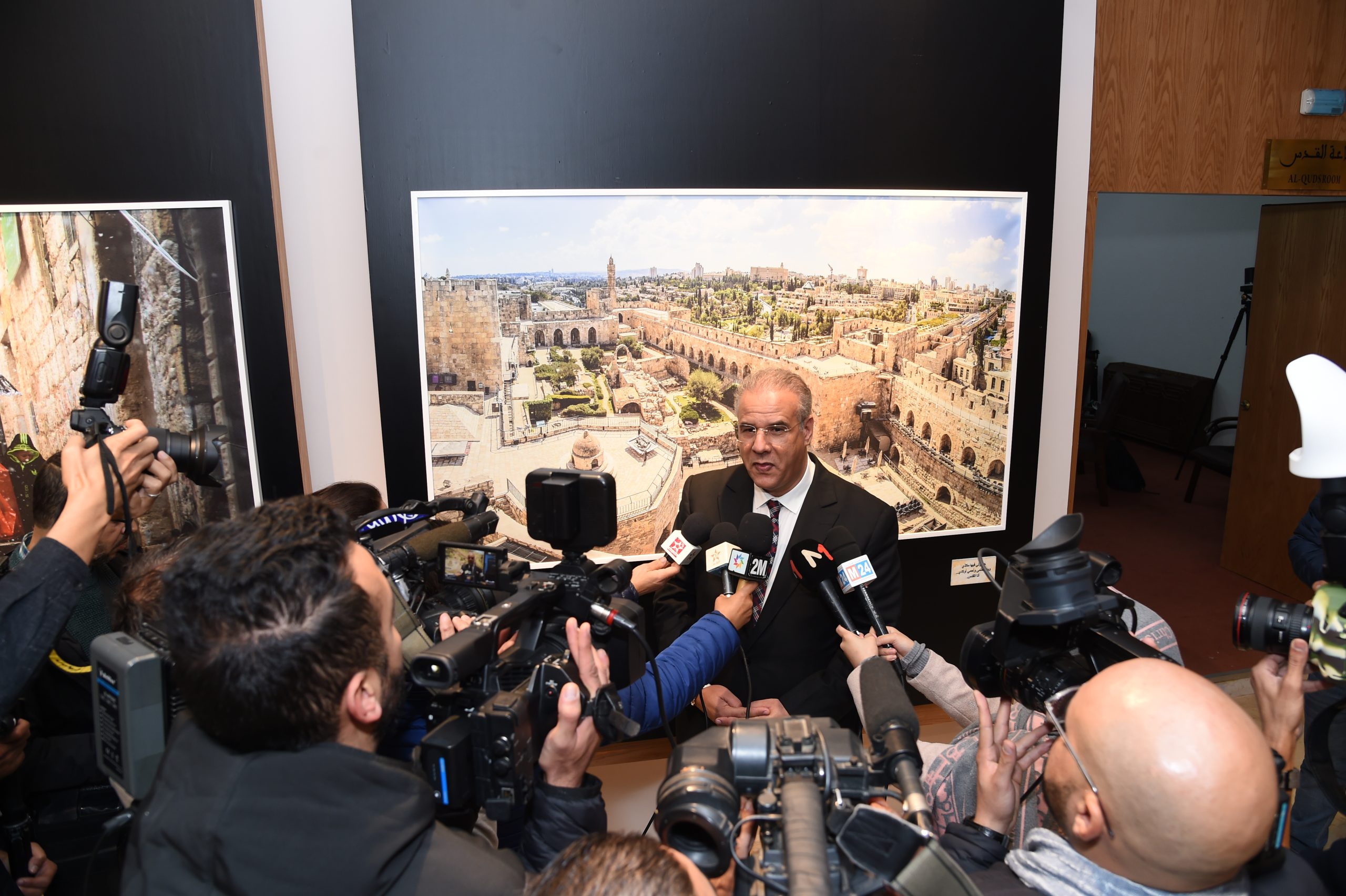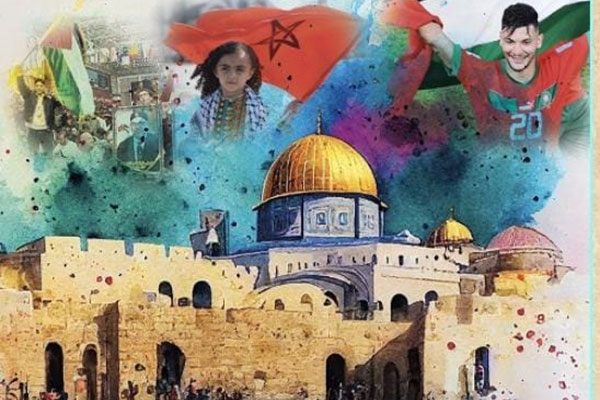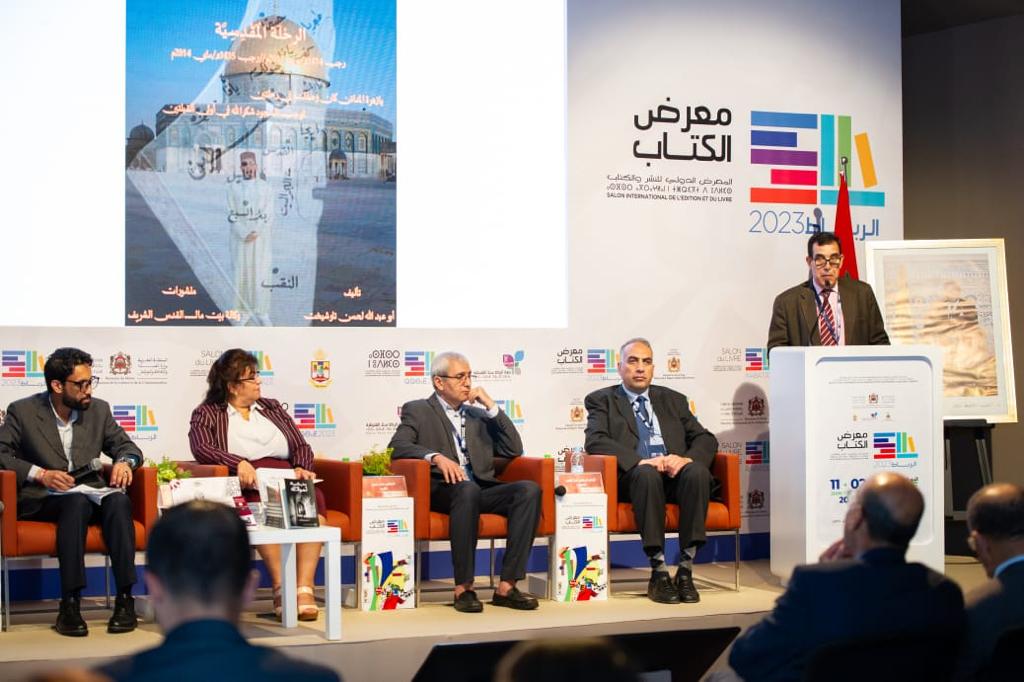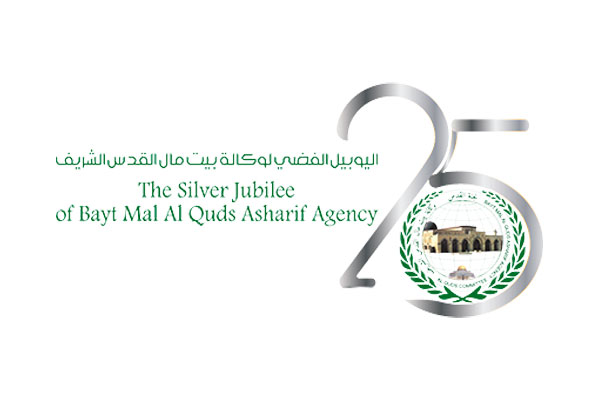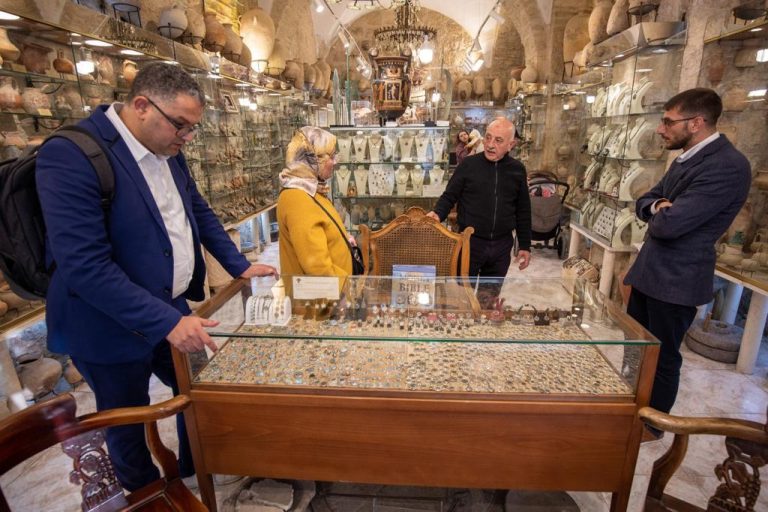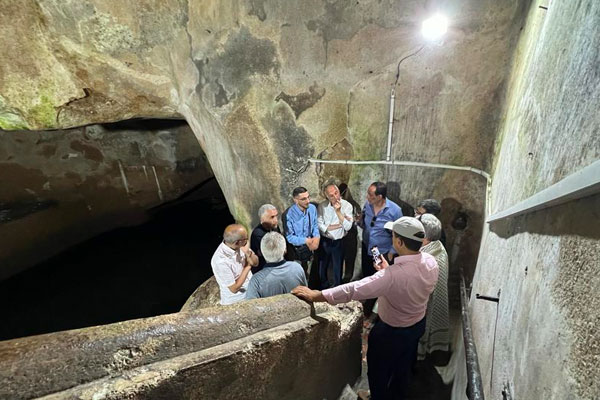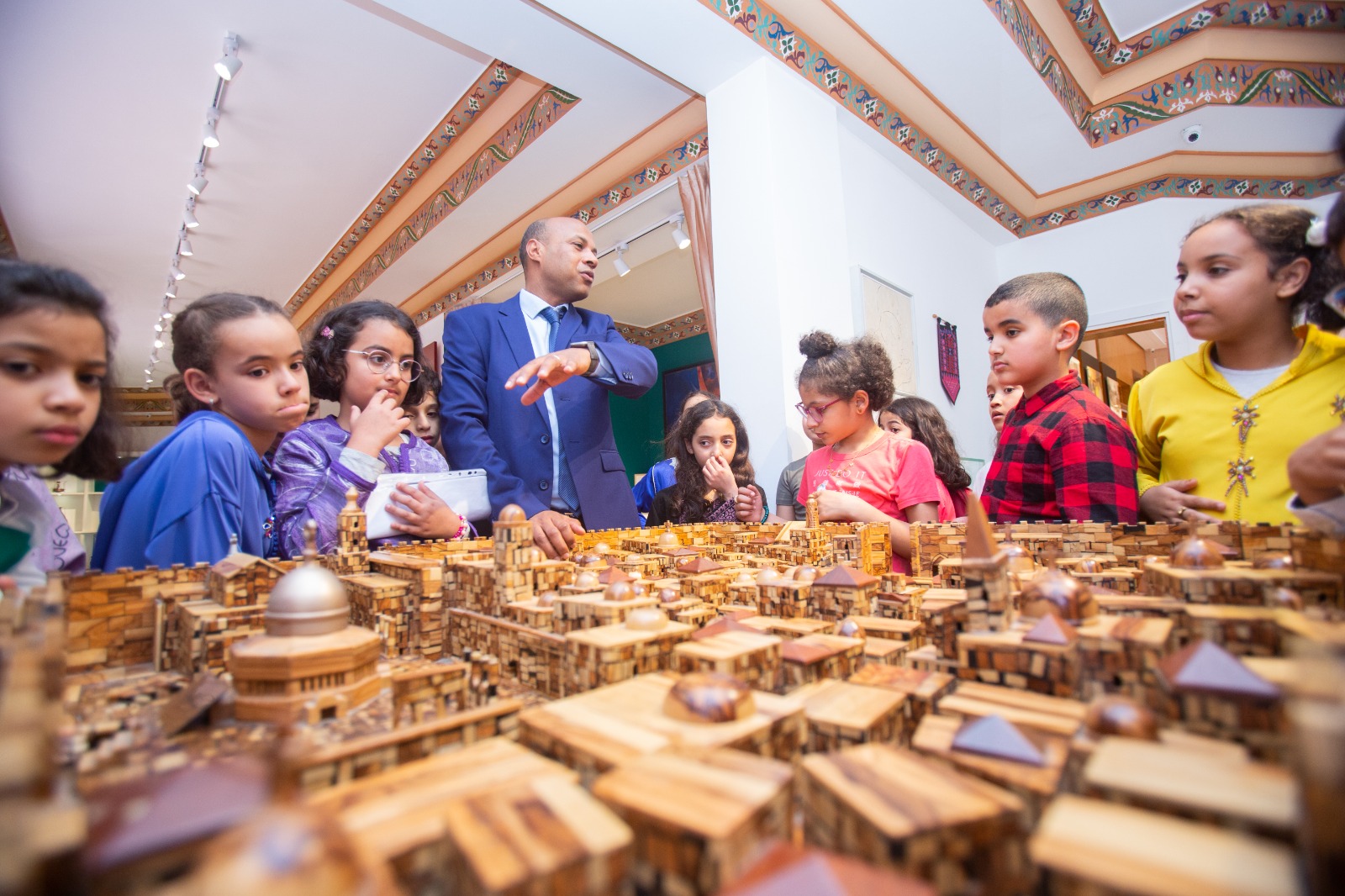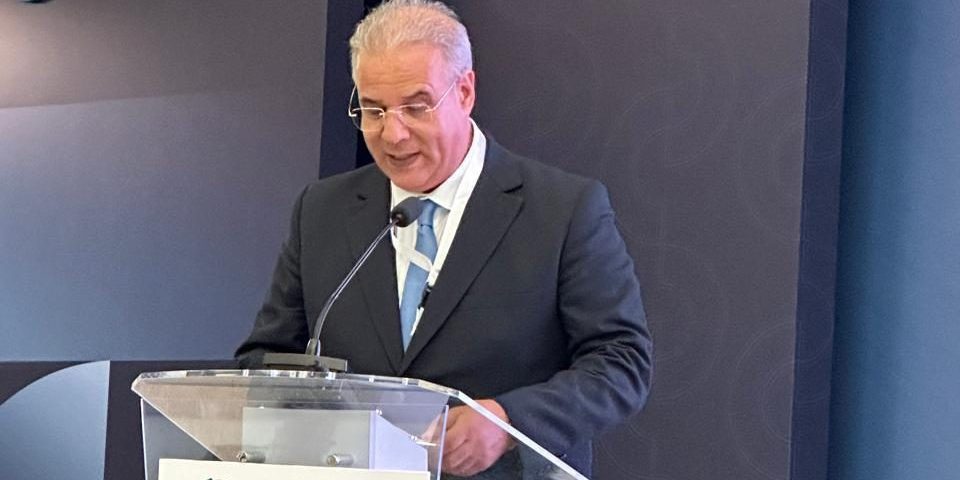Astana, 22 July 2024
Today in Astana, the capital of Kazakhstan, Mohamed Salem Echarkaoui, the director in charge of the management of the Bayt Mal Al-Quds Asharif Agency (BMAQ), highlighted the esteemed roles undertaken by the Al-Quds Committee, chaired by HM King Mohammed VI, on both diplomatic and social levels.
In his speech at the opening of the 16th Session of the Biennial General Cooperation Meeting, held every two years between United Nations (UN) bodies and their counterparts in the Organization of Islamic Cooperation (OIC), the director of BMAQ emphasized the efforts led by HM King Mohammed VI to put an end to the tragedy of the Palestinians.
These efforts are grounded in the values of freedom, justice, and peace, which are upheld by Moroccans and enshrined in divine laws and international regulations.
Echarkaoui also highlighted the humanitarian interventions of BMAQ affiliated with the Al-Quds Committee in the Holy City.
He then called for enhanced cooperation between the United Nations agencies and the OIC bodies, each within its area of expertise, to keep pace with the rapidly accelerating global changes at all levels, including demographic, epidemiological, climatic, and environmental transformations.
Echarkaoui stated that resolving the Palestinian issue, which lies at the heart of the global conflict, requires enabling the Palestinian people to secure all their legitimate rights. This would allow them to live in peace and tranquility on their own land, under their own sky, within an independent state with Al Quds Al-Sharif as its capital.
This state, with its natural and human resources, would be both viable and sustainable.
Moreover, he proposed to the participating UN and Islamic bodies that a portion of their project budgets for the year 2025 be allocated to supporting the Palestinians and helping them confront the challenges they face daily.
It is noteworthy that the 16th Session of the Biennial General Cooperation Meeting, which began today in Astana and will continue until July 24, has prioritized discussions on enhancing collaboration between UN bodies and OIC institutions to address humanitarian issues, with a primary focus on the Palestinian cause amid the ongoing aggression in Gaza.
Other key topics include stability and security, health and education, water resources, women’s affairs, and global economic and living conditions.
//
